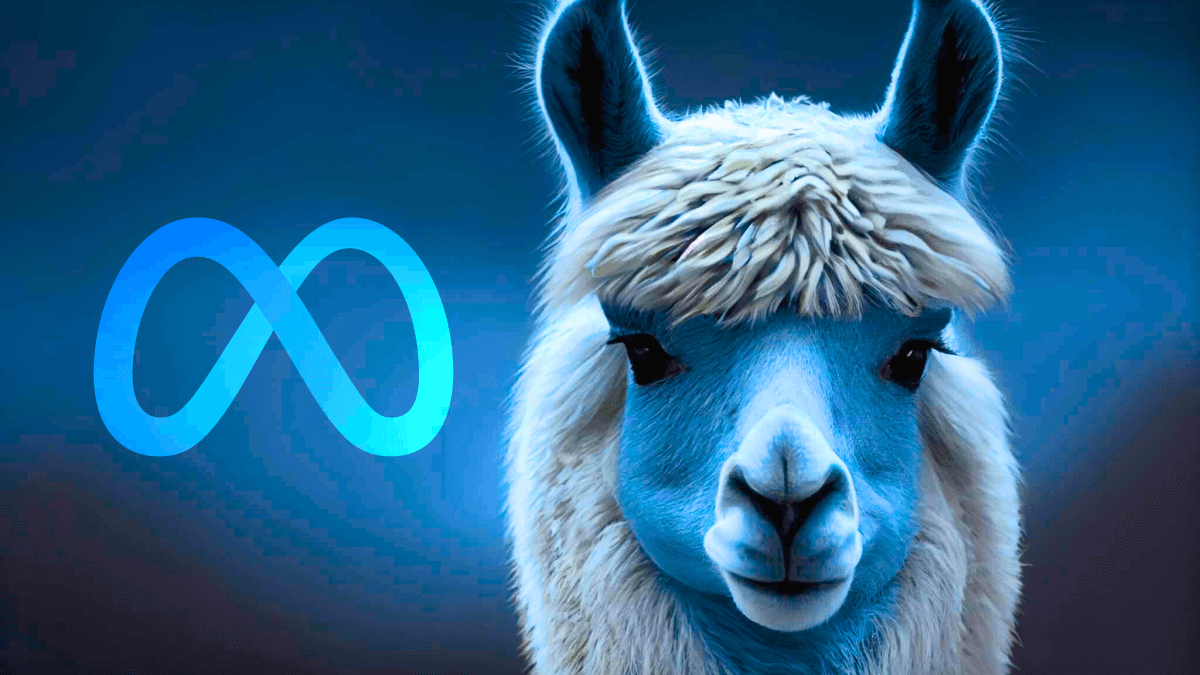Just five months after releasing the original 65b Llama model (which eventually got leaked), Meta has just announced Llama 2 – The next generation of our open source large language model. Straight away, it is being marketed as open-source but also is being distributed for free to be used for research and commercial purposes.
So, even though it is available for download immediately (after you complete a form), it does come with a custom license which you can view on GitHub. Please note that if you’re reading this in the future then it’s likely that license file will change because of a new model.
It’s open-source, yes, but not all the way
Here are the key points that the “LLAMA 2 COMMUNITY LICENSE AGREEMENT” covers:
- License Rights and Redistribution: The agreement grants you a non-exclusive, worldwide, non-transferable, and royalty-free limited license to use, reproduce, distribute, copy, create derivative works of, and modify the Llama Materials. If you distribute these materials to a third party, you must provide a copy of this Agreement, comply with applicable laws, and not use the Llama Materials to improve other language models.
- Additional Commercial Terms: If you or your affiliates have over 700 million monthly active users, you need to request a separate license from Meta.
Regarding whether it is open-source, technically, this license does not fully align with the definition of open-source software. While it does grant users certain rights common to open source licenses, such as the ability to use, modify, and redistribute the software, it also contains restrictions that are generally not found in open-source licenses.
For instance, the license limits its use for entities with over 700 million monthly users, restricts the use of the Llama Materials to improve other language models, and terminates upon litigation against Meta for intellectual property infringement.
These constraints make it not fully compliant with the Open Source Definition as provided by the Open Source Initiative.
The license is essentially designed to block big companies like Google, TikTok, ByteDance, and others from blindly using the model since there are very few brands out there that attract 700 million monthly users.
